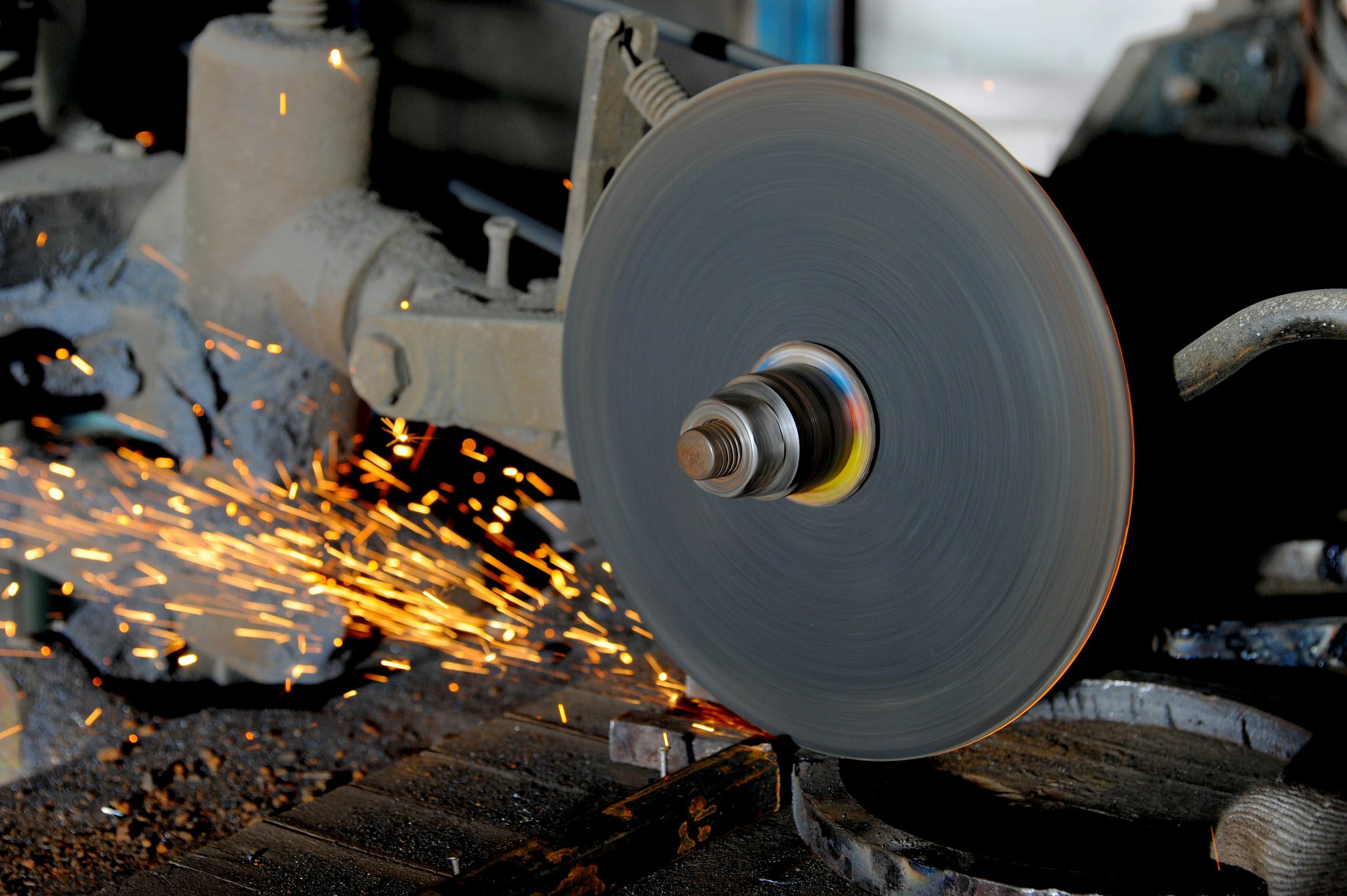


 349,500 Offered Certificates
349,500 Offered Certificates
 24/7 Online Training
24/7 Online Training
 Money Back Guarantee
Money Back Guarantee
 Fully Accredited Courses
Fully Accredited Courses

Created at: 22-02-2025 20:39
Abrasive wheels are vital tools in many industries, including construction, metalwork, and manufacturing. However, they also pose significant risks if not handled properly. In this article, we will explore the various risks associated with abrasive wheels, common workplace hazards, the injuries they can cause, and the best practices to mitigate these dangers across cities like Dublin, Cork, Galway, Limerick, Waterford, and beyond.
Abrasive wheels operate under high speeds and pressure, making them both powerful and potentially dangerous. The risks involved include:
Injuries resulting from abrasive wheels can vary but often include:
Implementing best practices is crucial to reducing risks associated with abrasive wheels:
Ensure that all operators receive Abrasive Wheels training in Dublin, Cork, and Galway. Courses should cover:
Always wear the appropriate PPE, which includes:
Conduct regular risk assessments to identify potential hazards in the workplace. Be vigilant about:
Stay compliant with Irish safety regulations by taking formal Abrasive Wheels Certification in Ireland. Not only does this promote safe practices, but it also fosters a culture of safety within the workplace.
The risks associated with abrasive wheels are significant, but with proper training, the right equipment, and diligent risk assessments, workplaces in Dublin, Cork, Galway, Limerick, and Waterford can operate safely. Don’t leave worker safety to chance—enroll in a Certified Abrasive Wheels Training program today, whether through a course in-person or an Abrasive Wheels online course. Protect your workforce and ensure compliance with safety standards.
For further information or to register for training courses, contact us at [email protected] or visit our Abrasive Wheels Course page.